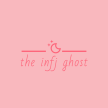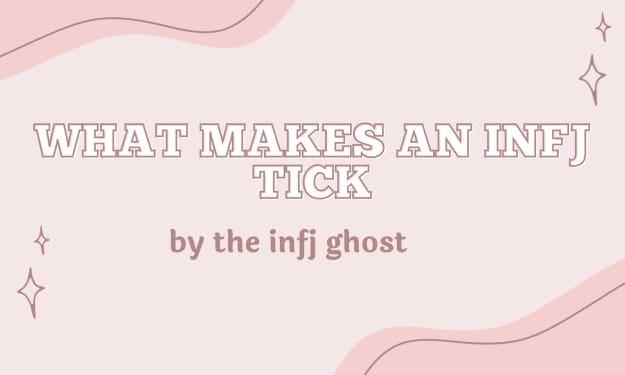Notes From An INFJ’s Childhood Journals
We are one of the most misunderstood personality types, though through writing as we are growing up we learn to understand ourselves and our worldview better.

I recently began reading through 37 journals that I’ve filled since I was 15 years old.
Being an INFJ means I am a pattern-making machine by default. Naturally, I noticed several intriguing themes that I grappled with throughout my adolescence. I was inspired to write this post, thinking that by sharing these patterns I may be able to shed a light on some of the valuable insights we have that often go unnoticed.
We are one of the most misunderstood personality types, though through writing as we are growing up we learn to understand ourselves and our worldview better. Here's a few common patterns I noticed that may help us to become better understood.
Journal Pattern #1: I challenged my therapists.
I bounced between therapists when my mental health was suffering, because more often I saw that my therapists needed therapy and weren’t equipped to help me.
For one therapist, I wrote: She keeps asking me these stereotypical questions when all I want her to do is listen to what I have to say. She’s just another one of those therapists reading off a script. She doesn’t actually care about me.
For another therapist, I wrote: All he does is relay all of my problems back to a story about him raising children. You can tell he’s unprofessional and that he can’t separate his personal life from his professional life.
Journal Pattern #2: I wrote about my friend’s problems as though they were my own.
Sometimes us INFJs are like silent cheerleaders. On the days where a close family member or friend was struggling, my feelings were pushed to the side in my journal entries in service of theirs.
My journals became an outlet for their issues. I would write about how I felt sorry for them and ask for the universe to send good energy their way.
Journal Pattern #3: I took what some might consider to be an abnormally long amount of time to process and let go of difficult emotions.
First heartbreaks affect everyone for their entire lives. For myself, it took four years to let go of a three-month relationship.
As the years passed, I wrote poems, songs, and journal entries where my handwriting would spiral.
I would write about how even though I logically knew that we had nothing in common, my naive heart wanted to believe in the perfection and innocence that had been there for a few moments.
Us INFJs are idealists, and when we become heartbroken when we are young, this is the first shattering of our ideals. Our imaginations meet realism, and apparently it can take up to 4 journals worth of therapy to get over.
Journal Pattern #4: I thought about life existentially, questioning if it was all a game.
I questioned, Are we all just pawns on a board? And who is moving them, and what’s the point in playing?
An INTJ would likely have this theme similarly in their journals. It is a bird’s eye view perspective on reality, and us introverted intuitives are the high flying birds of the myers-briggs community. I had this life is a game perspective from as young as 11 years old.
Journal Pattern #5: I had a keen interest in purpose and the feeling of purposelessness.
As INFJs, we are obsessed with meaning and purpose. In my middle school and high school journals, I was always writing about individuals I observed to be wasting their life.
I myself grappled with depression for the years that I felt unsure of what my purpose was. I did not have the capacity to see my own talents or ways to work with them because I was overwhelmed by the purposelessness I saw in the world around me.
Thankfully, these were all just phases, and my vocation to be a writer is solidified now. Out of all of these patterns in my INFJ journals, purpose will always remain an important theme to return to.
About the Creator
the infj ghost
boo!
it's the infj ghost, a friendly phantom exploring the haunts of the infj psyche.
you can expect me to dive into all things infj, as well as to create fictionalized case studies relating to infj development phases.






Comments
There are no comments for this story
Be the first to respond and start the conversation.